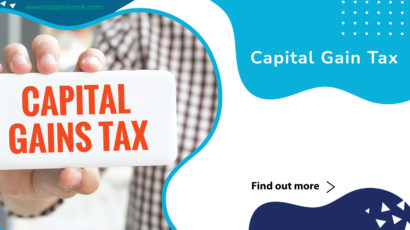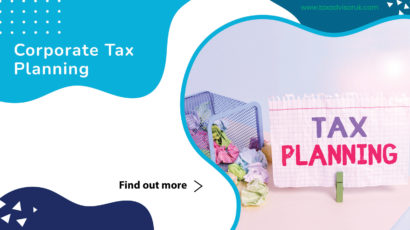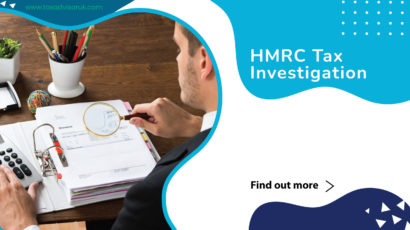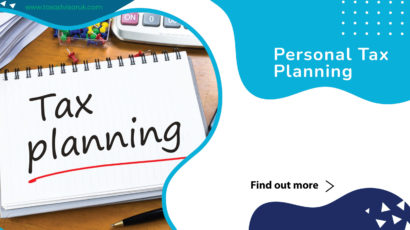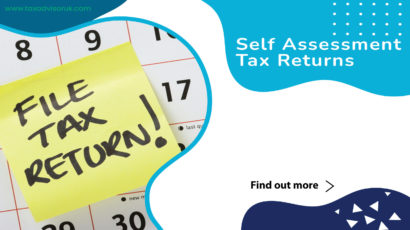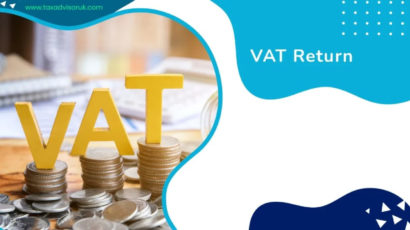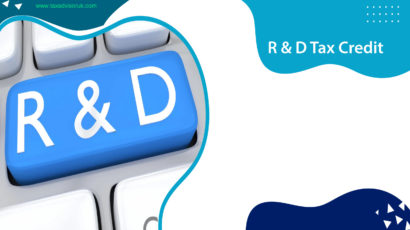If you rent out a home in the UK and are a UK non-resident or a UK resident who spends more than 6 months a year abroad, you must pay tax on any rental income you receive in the UK. You will be required to file a UK Self Assessment tax return. Self-Assessment is discussed in greater detail below.
Key UK tax dates
In the United Kingdom, the financial year extends from April 6 to April 5.
If you owe tax, it is due on January 31st of the following year.
If you are obliged to file a Self Assessment tax return, you must tell HMRC by the 5th October following the tax year in which the income first occurs.
Landlords who live in another country but are UK residents
If the landlord lives abroad for more than six months of the year, any income from renting out property in the UK must be taxed. If the landlord is a business or trustee, the requirements regarding the landlord’s habitual place of abode apply.
The tax is collected through the Non-resident Landlord Scheme.
Rental income payments on account
If your tax bill for the year exceeds £1000, you must pay half of your tax bill for year 2 in instalments. These account payments must be made on January 31st and July 31st.
If your responsibility exceeds your account payments, the balance is due on January 31st. If your commitment is less than your account payments, you will be refunded the difference plus a small payback supplement.
What are the consequences of filing a late Self-Assessment return?
A £100 penalty is imposed on the day your tax return is late. There is a £10 penalty for each day beyond the first and up to 90 days. If you are three months late, you will face a total penalty of £1,000.
The penalty is £300 or 5% of the tax due, whichever is larger, after the first three months.
What’s the best approach to keep track of your Self-Assessment data?
Until April 2024, there is no standard method for storing records. Keep rental income declarations and proof, as well as any receipts or invoices that can be deducted from income. You can currently keep physical copies or scans. When Making Tax Digital for Income Tax Self Assessment (MTD for ITSA) is implemented in 2024, the rules will change.
Individuals who are subject to income tax on their property business income and profits will be required by the MTD for ITSA requirements to keep their accounting records electronically (using suitable software) and file quarterly returns to HMRC with details of their income and spending, as well as any other information that HMRC requires.
After the tax year, a final end-of-period statement will be submitted to complete the individual’s tax submissions.
The reporting frequency and payment dates are not changing at this time.
How long should I preserve my Self-Assessment records?
All information needed to file tax returns must be kept for 22 months after the end of the fiscal year, or for 5 years and 10 months if you own a business or have rental property revenue. A maximum penalty of £3,000 is imposed for each tax year in which records are not kept.
Tax on Capital Gains (CGT)
Non-residents and residents who live abroad for more than six months in a year will still be subject to CGT on the sale of a residential property in the UK. An online return must be filed, and the CGT due must be paid within 60 days after the sale’s completion. This is not to be confused with your Self Assessment tax return.
Penalties for late filing of the CGT
If the CGT return is not filed by the due date, there is an automatic non-refundable penalty of £100. Penalties are sometimes waived if there is a good justification. However, we recommend that you pay within the 60-day period.
If the return is more than three months late, a penalty of £10 is imposed for each day the return is late, up to a maximum of ninety days.
If the return is more than six months late, there will be an additional penalty of £300 or 5% of the liability, whichever is greater.
In addition to the penalty due for the preceding 31st July, if the return is filed more than twelve months after the filing deadline, there will be a further penalty of £300 or 5% of the liability, whichever is larger. In extreme situations, the penalty might be up to 100% of the tax owed.
If you don’t pay on time, you’ll be charged interest on the amount you owe. There is additionally a 5% late payment penalty if the preceding tax year’s liability is not paid by the 1st March of the following year, and another 5% late payment penalty if it is not paid by the 31st July of the following year. If the tax is not paid by the 31st of January the following year, a third 5% late payment penalty will be applied.
What if you don’t have enough money to pay your income tax or capital gains tax?
If you are unable to pay the tax you owe, contact HMRC to learn about potential assistance. HMRC may recommend that you pay your debt in instalments. A Time to Pay agreement is what it’s called.
To set up a Time to Pay arrangement, you or your accountant can contact HMRC directly.
Penalties for late filing of the CGT
If you are an overseas resident landlord or a UK resident who has been abroad for more than 6 months, you must notify HMRC if you have any rental income, whether or not you owe any tax (on form SA1). HMRC will then register the landlord for UK taxation and send the landlord a tax return. Seek the assistance of a specialist landlord accountant, such as dns accountants, to ensure you are fully compliant, file your Self Assessment tax return accurately and on time, and pay your liabilities.
How TaxAdvisor UK can help
At TaxAdvisor UK , our experts will provide you 30 minutes free consultation and help you in managing all your tax and accounting work. Speak to our expert accountants, tax advisor on (0203) 5381276 or fill an online form today. We can have a consultation session over the phone, virtual or face to face meeting and will provide you with a no obligation fixed quote




